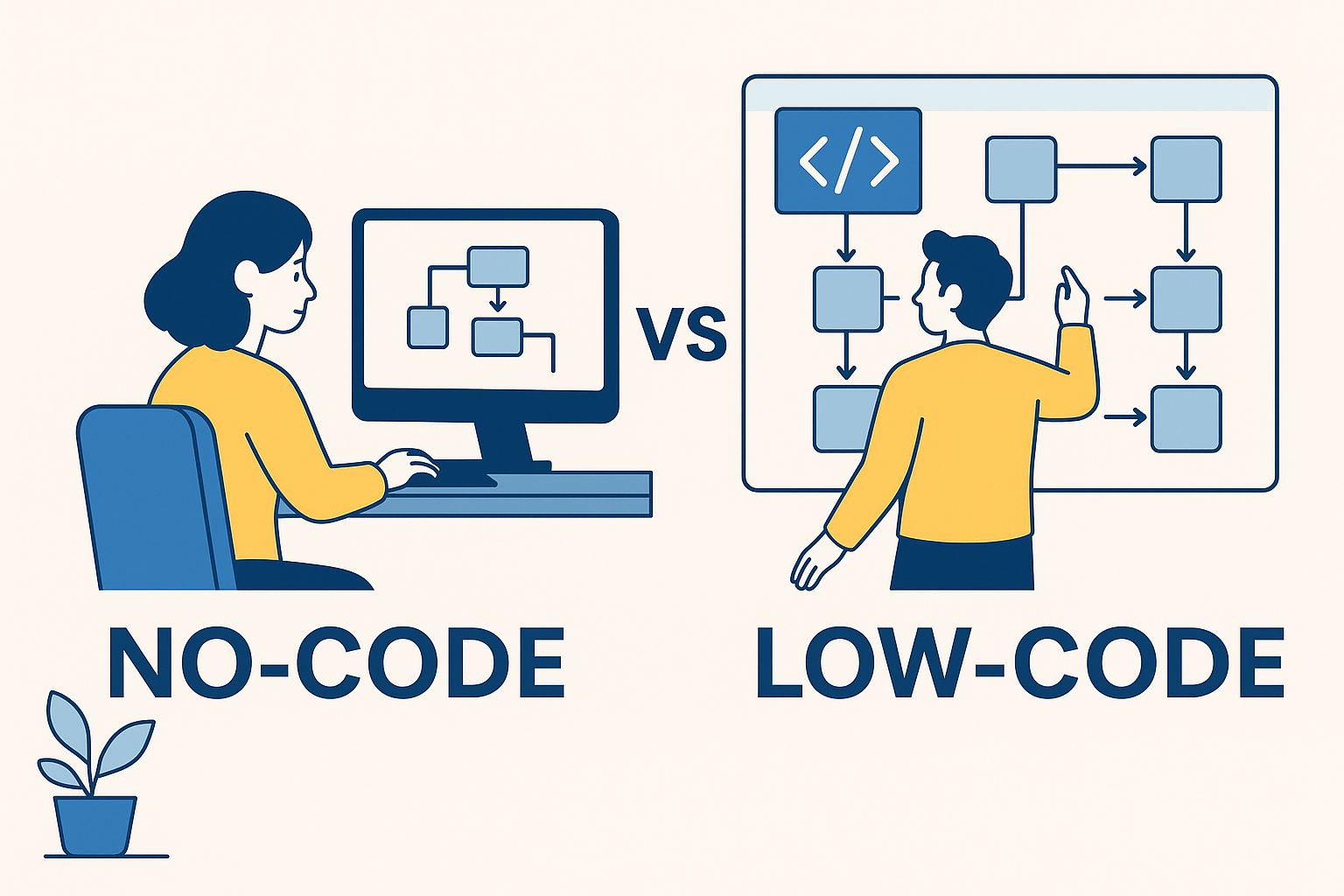Achieving real accountability isn’t just a matter of hiring the right people, it’s about building th...


Achieving real accountability isn’t just a matter of hiring the right people, it’s about building th...

In the fast-evolving world of digital operations, one truth is increasingly evident: one-size-fits-a...

Workflow automation has emerged as a powerful solution for organizations who want to streamline oper...

In the fast-paced world that companies need to dwell today, the demand for agile, scalable, and effi...

In the financial sector, compliance and data security are non-negotiable. Whether you're processing ...

In the age of distributed workforces, effective collaboration has become one of the most pressing ch...

Successfully implementing a workflow automation platform like WKS is more than just flipping a switc...

In a world shaped by digital transformation, organizations across every sector are seeking for tools...

As digital transformation accelerates across industries, one theme is clear: manual processes can no...

In an era where speed, accuracy, and agility determine competitive advantage, clinging to manual or ...